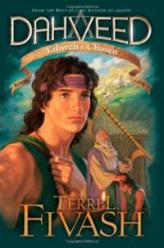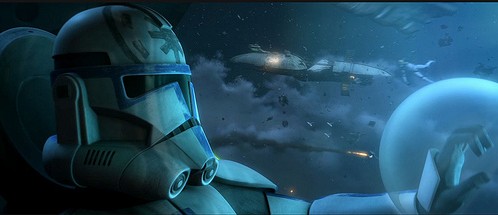As they loom through the cloud torn sky, the wind wreathes around their heads and wings, sending with it’s mighty roar a peace and excitement. Then, shattering the tranquility, the dragon’s rider falls to one side, plummeting through the air, gravity giving immaculate haste to his descent. But this one is prepared. A wing suit flashes out at the last second, sending him soaring with the birds and fluttering wings of dragons, albeit at a lower altitude than he had been.
Released four years ago, the first How To Train Your Dragon was met with rave reviews by critics and was simply loved by children. But this isn’t that film. This is the sequel, and as we all know, sequels always try to go bigger, but not often do they try to get better. This film attempts both, which as you’ll see is both a good and bad thing.
Let me start out with simple sensory subjects. Technically, this  movie was audacious. Landscapes seemed to pile one on top of another at first, with some shots approaching (if not reaching) the beauty of a Pixar film. Particularly, one scene with a fortress that has been blasted by icy breath as a backdrop is fairly spectacular looking.
movie was audacious. Landscapes seemed to pile one on top of another at first, with some shots approaching (if not reaching) the beauty of a Pixar film. Particularly, one scene with a fortress that has been blasted by icy breath as a backdrop is fairly spectacular looking.
Not only did the shots of landscapes look great, but the dragons did too. Hundreds of them often fit into a single scene, with the gargantuan Alphas towering over them all. But as always, there’s a downside; part of the fun of the first was learning about specific dragon types during Hiccup’s training, and with so many dragons, that level of storytelling detail is lost.
And here is where it gets interesting. The voice acting was just as spot on as last time, but much of the fun dialogue, however has been replaced with darker and more brooding material. Laugh out loud character moments have been replaced with action and melodrama. Not that the action’s not cool. Any film that can pull of having two mega-dragons duel, while two warriors duel, while thousands of men attack hundreds of dragons is going to be kind of awesome. But is it worth it?
Actually, yes. The film continually focuses on moving the story forward, while paying enough homage to the past that you never feel like you’re lost in the strange, new lands Hiccup is constantly exploring.
And now, before we go any further:
SPOILERS WARNING!!!
Well, the fact that Hiccup’s mother is in the film shouldn’t surprise anyone who’s seen the trailer. For the most part, her reentry into Hiccup’s life was handled pretty well, with some legitimate emotion thrown in for good taste. But it didn’t go far enough. For someone who never knew his mother to have her jump out of the blue at you and know more about dragons than anyone else is a little strange, making Hiccup’s attitude of taking-it-all-in-stride rather distracting.
Regardless, the best part of the film is the moment when Stoick, Hiccup’s father, is reunited with his long lost wife. That was touching. Then, when they danced together for the first time in twenty years, my friends with me were crying like children.
Which makes it all that more painful when STOICK IS KILLED BY TOOTHLESS!!! WHAT WERE THEY THINKING?!?!?!
Looking back, I can see exactly why they decided to turn the story down that darker path, in keeping with the ‘gotta be bigger’ deal with sequels. For me though, it cast a dark cloud over the rest of the movie, and now when I conjure up this movie in my head, all I can think about is Stoick dying.
It ruined the only good love story in the film, it gave unnecessary menace to one of your favorite characters, and it ruined the climax, because after that it seemed like everything went downhill. Except for one moment.
Toothless’s redemption. Well done DreamWorks, well done.
And that’s how this movie resembles the skydiving and wing suit I mentioned earlier. It starts off great, takes a risk for more excitement, falls down, but at the last minutes it flies, soaring lower than the first.









![books[1]](https://johnralstonw.files.wordpress.com/2014/01/books1.png?w=604)




